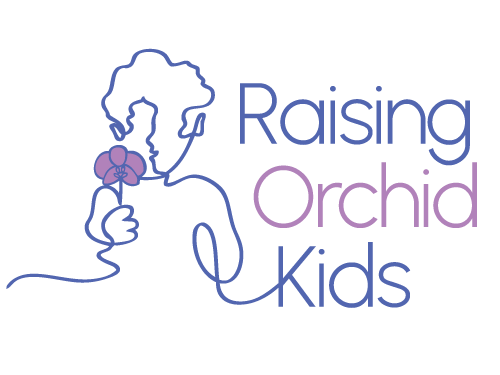Families are often surprised at some of the questions we ask during our initial intake process. This is because we tend to start with questions about sleep, eating, nursing, and temperament, before we ever start to ask about speech and language development.
Here’s why we do it, though.
Many of the families who come to us have kiddos who have had little “glitches” in their developmental history: sensitivity to formula or other food allergies, eczema, late walking, torticollis, difficulty with latching as an infant, lots of meltdowns or tantrums, a hard time sleeping through the night.
The families (and, often, the pediatricians) forget to mention these. They chalk up the previous issues as unrelated, siloed events that don’t impact overall development.
Incorrect.
All of the things I mentioned above are indicators that speech and/or language might be impacted. And the vast majority of the families who come to us have had one or all of the problems I described in addition to difficulty learning to speak.
But why does this matter?
It matters because all of early development is related. Yes, there are different developmental “domains” (language, cognition, motor, play, social-emotional, etc.), but they are all tied in together, and a relative need in one domain can have a strong influence over the others.
For example a baby with torticollis won’t be able to move their body in ways that will support walking and crawling without intervention. Even once the torticollis is resolved there can be underlying movement patterns and physiological elements that negatively impact whether a child is able to move their jaws, lips and tongue in order to speak.
The body and brain of a child with severe eczema is dealing with a serious body-wide inflammatory response. The body will prioritize combating inflammation (necessary for survival) over talking (nice to have, but not necessary) every time.
I could go on, but you get the picture. It’s all related.
So, when families come to see us at SpeechKids, we know that we have to be detectives. We have to know about:
- Play development. Because that will give us a lot of information about how a child’s brain is thinking (cognitive skills).
- Motor development. Because that will give us a lot of information about how a child’s brain is interpreting and integrating sensory information (visual, auditory, tactile, etc). It will also tell us about how a child’s mouth is moving.
- Social development. Because it will give us information about a child’s ability to use communication in meaningful ways.
- Temperament, attunement and attachment. Because that will tell us how a child might respond in therapy and what type of progress they’ll make.
- Any other conditions or developmental “glitches” that have happened in the past that might have affected movement, sleep, feeding and behavior. (That’s a lot of stuff!)
And based on all of that information, here’s what we do:
- We make a judgement call about a diagnosis and course of treatment;
- We refer to related professionals who help get the body regulated and on track; and,
- We work with the whole child and the whole family.
Here’s what we DON’T do during a developmental evaluation:
- Make pronouncements about a child’s prognosis
- Judge parents for what they did or didn’t do in the past
- Label
- Only look at speech and language development
We know that it can be terrifying to confront the question of whether there’s something “wrong” with your Little One. Our goal here at SpeechKids and our “sister practice”, Raising Orchid Kids, is to look at your child as a whole person within a developmental framework that honors both them and you/ your family. Because when we do that, we can help support everyone involved.
This is why we offer:
- Informal Developmental Consultations at www.speechkids.com
- Speech and Language therapy services at www.speechkids.com
- 1:1 Parent Coaching at www.raisingorchidkids.com
- Group parent support and education classes at www.raisingorchidkids.com
Whether you’re worried, trying not to be worried, or whether you already know that your child needs intervention, we’re available to you. Don’t hesitate to reach out!

